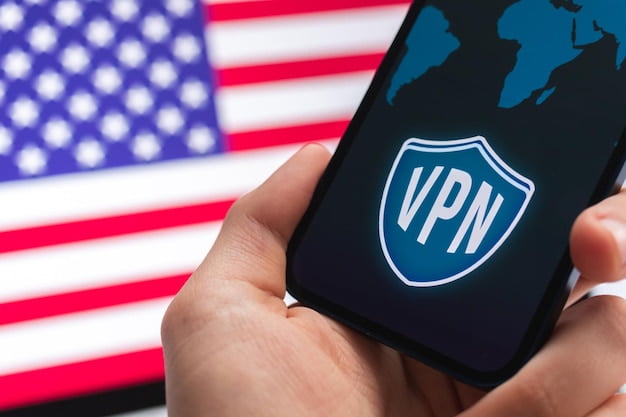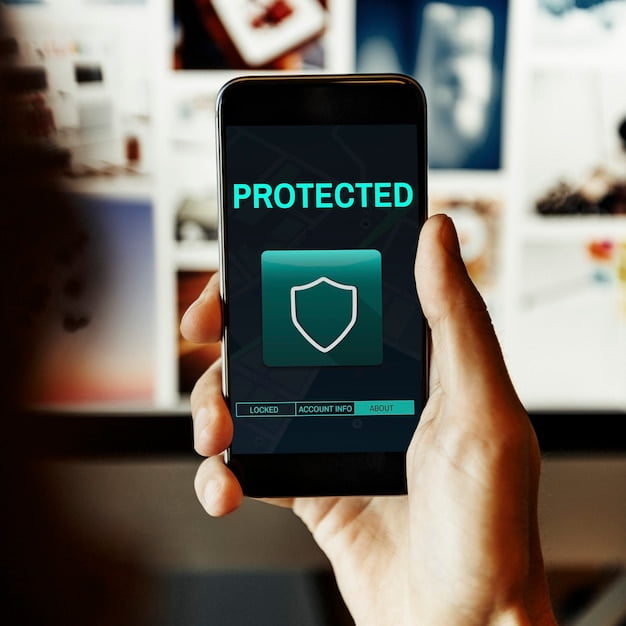Working From Home? Why You Should Use A Express VPN Series – Part 1
In this three-part series, worldwide technical support service provider McHelper addresses the safety concerns of millions of business people who have had to make the abrupt transition to working remotely.
The COVID-19 pandemic has forced most of the American business community to make the transition to a work-from-home environment. With most companies ill-prepared for a pandemic, employees are having to navigate new waters, leaving their employers and themselves vulnerable to cybercrime.

In part one of the series, we discuss VPN or Virtual Private Networking. A VPN adds a security layer to private and public networks, including broadband and internet hotspots. A VPN is secure and private for individuals and organizations to send and receive data over the internet. Think of it as a secret network that provides access to private internal systems, with the added benefit of being able to browse the internet without being tracked.
VPN was developed for remote users and branch offices to access corporate resources and applications through a secure and private network. It happens via the use of an encrypted and layered tunneling protocol. VPN users must use passwords or certificates to gain access.

A VPN also enables internet users to circumvent geo-restrictions and censorship blocks. It allows connection to proxy servers that will protect both your identity and location. As a VPN establishes a “point to point” connection over existing networks, it gives the benefits of a wide area network (WAN) when using the public internet.
In theory, whatever is done through a VPN connection cannot be intercepted. One important point to note, a VPN connection is only useful if the device being used has not been compromised by malware. McHelper recommends installing or updating an antivirus program to block malware before using a VPN.
VPNs have been around for decades, but only recently have they become more common as the concern over our basic online security grows. The world is now a maze of online hackers looking for an easy target, marketers are tracking our every online move, and ISPs are storing and selling our data. The web has become overrun with unseen lurking dangers.

Using a VPN prevents organizations from gaining access to your internet history or footprint. You can avoid censorship within organizations and from third-parties. Customize location settings to take advantage of overseas services, such as watching a television program that is only available in a particular country (Netflix is a prime example of this). A VPN protects your passwords from potentially being hacked when using a public hotspot. VPN protects against phishing by identifying “traps” when browsing the web. When America returns to business as usual, and people begin to travel the globe again, a VPN provides secure access to company internet without the danger of being targeted by cyber-criminals.
In part two of our series, we discuss what to look for in a VPN. Stay tuned to the McHelper blog for more work-from-home technology tips.












